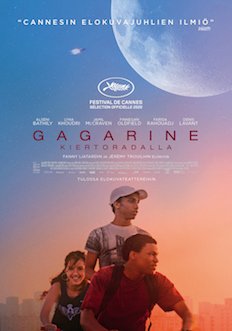Direction: Sujata Day
Country: USA
Sujata Day stars in her directorial debut, Definition Please, a comedy-drama engaged in pertinent topics such as family, reconciliation, personal accomplishment, and mental illness. However, it feels too measured and tempered to embrace anything truly startling or unexpected, either stylistically or narratively.
Day is Monica Chowdry, a former National Spelling Bee champion of Indian descent who got stuck in Greensberg, Pennsylvania, where she looks after her ailing mother (Anna Khaja). The unexpected arrival of her brother, Sonny (Ritesh Rajan), who has been struggling with severe bipolar disorder and occasional violent behavior, puts her in a state of restlessness. The torpid development of the story makes the weight of their situation feel casual, in such a way that I couldn’t care less about the characters’ dilemmas. Real joys and sorrows must be bigger and deeper than what is depicted here.
So intent on being dramatic on one side and cool on the other, the film forgets to be entertaining, serving more as TV fodder than as something really worthy of the big screen. The scene in which the siblings perform a play for their mother is the last nail in the coffin. There are plenty of words to describe trivial things. Now, we also have a film: Definition Please.








































